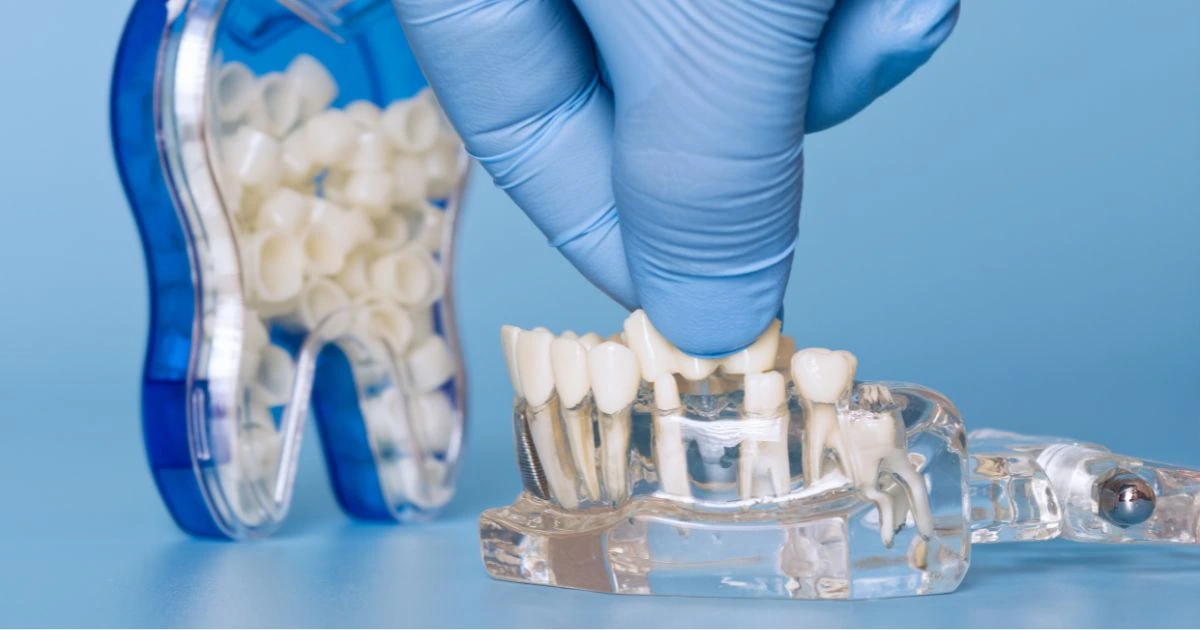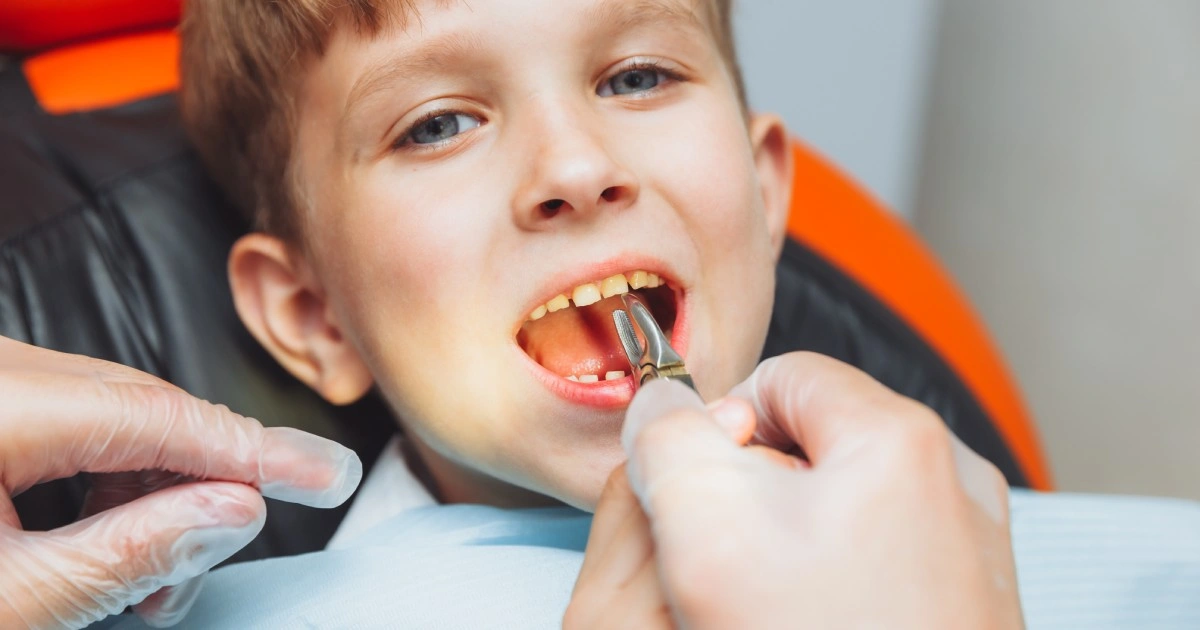Many people report feeling pain after they have received a dental filling. Although some discomfort is unavoidable, there are several reasons why fillings may cause discomfort or even pain. This article will explore the potential causes of post-filling pain and discuss ways to manage it.
What Are Dental Fillings?
Dental fillings are materials that dentists use to fill cavities in teeth. They help prevent further tooth decay and improve the appearance of a damaged or discolored tooth. Dental fillings are made from metal, ceramic, plastic, and composite materials. A dentist will evaluate your situation to determine which filling is best for you.
When a cavity develops on a tooth, bacteria cause some of the enamel to be eaten away. This exposes the inner layers of the tooth – called dentin – which can then be attacked by further bacterial growth and cause more damage if left untreated. Fillings help protect these sensitive areas from further decay by sealing off any remaining bacteria inside the cavity.
How Does the Process Go?
Getting a filling typically starts with the dentist numbing the area around the affected tooth. They will then use a drill to remove any remaining decay and shape the cavity to fill it. Once they have done this, they will choose an appropriate material and fill the cavity as necessary. The filling material is then shaped and polished to give it a natural look and feel.
When dental fillings are first placed on teeth, some people may experience discomfort or sensitivity for several days after the procedure. This is due to your body’s response to having a foreign object inserted into your mouth, but it should go away soon after you have had time to adjust to it. It is essential to practice good oral hygiene after a filling, as this will help prevent further decay and reduce the risk of discomfort.
4 Possible Causes of Post-Filling Discomfort
1. Placement of Filling Material
The placement of the filling material can cause discomfort when pressure is applied to the area around the tooth. If a filling is done too quickly, it can irritate nerve endings, leading to soreness in that area. It’s also possible for fillings placed near existing teeth to damage them, leading to further irritation and discomfort.
2. Size of Filling
If a filling is too big, it can cause pressure on the surrounding teeth and gum tissue, leading to pain when biting or chewing. This may happen if a large cavity needs to be filled or the dentist does not properly shape the filling material to make it fit snugly against the tooth surface.
3. Temperature Sensitivity
Some people experience sensitivity to hot and cold temperatures after receiving dental fillings, which can lead to discomfort or even pain when eating or drinking something very hot or cold.
4. Chemical Sensitivity
Certain dental fillings contain chemicals that can irritate some individuals, leading to further discomfort after the filling has been placed.
Managing Post-Filling Discomfort in 5 Ways
Fortunately, there are several steps individuals can take to reduce or eliminate the discomfort associated with dental fillings.
1. Use Over-the-Counter Pain Medication
Taking an over-the-counter pain reliever such as ibuprofen or acetaminophen can help relieve any post-filling discomfort and make it easier to eat and drink without experiencing pain. It’s important to follow dosing instructions when taking any medication.
2. Avoid Chewing on the Filled Tooth
Chewing on the filled tooth can cause further irritation and may even damage the filling, so it’s best to avoid chewing directly on the filled tooth if possible.
3. Use a Soft Toothbrush
Brushing the affected area with a soft-bristled toothbrush can help reduce discomfort and prevent further irritation from occurring. It’s important to brush gently, as brushing too hard may cause additional pain and damage the filling material.
4. Avoid Hot or Cold Foods and Beverages
Suppose you have experienced sensitivity to hot or cold temperatures after receiving a dental filling. In that case, it is important to avoid eating or drinking anything extremely hot or cold to prevent further discomfort.
5. See Your Dentist
If the discomfort persists for more than a few days, it is best to see your dentist to determine the cause and receive treatment if necessary.
Benefits of Dental Fillings
Dental fillings are an effective way to restore and protect teeth affected by tooth decay. Fillings can be made from composite materials, porcelain, or amalgam. Each type of filling has its benefits and drawbacks, so it is essential to discuss the options with your dentist before deciding which material is best for you.
The most common benefit of dental fillings is their ability to prevent further damage from occurring on a tooth that cavities have compromised. As soon as the filling is placed, it acts as a protective barrier over the damaged area of the tooth. This shields against food particles stuck in the space between teeth and bacteria entering decaying enamel.
Another advantage of dental fillings is that they can help restore a tooth’s natural shape. Occasionally, cavities can cause teeth to break or wear down in certain areas. Fillings provide additional structure and stability so the tooth can retain its original shape. This also helps with chewing and speaking activities, as the teeth are not misaligned or wobbly.
Fillings can also be less expensive than other restorative measures such as crowns or implants, making them a more practical solution for patients on a budget. Finally, dental fillings are relatively quick and easy procedures that require no lengthy recovery as some other treatments may need.
Conclusion
Although some discomfort is to be expected after receiving a dental filling, persistent or severe pain should not be ignored. By understanding the potential causes of post-filling pain and taking steps to reduce it, individuals can feel more comfortable while their mouth heals from the procedure. If you have experienced any post-filling discomfort, it is best to talk to your dentist to determine the cause and find an effective solution.
If you are looking for a quality dental fillings experience for your child, look no further than Solomon Kids Dentistry. They provide comprehensive dental services to children of all ages in the South Carolina area. Their highly skilled team of dentists and hygienists strives to create a safe and welcoming environment that puts your child at ease during their visit. From preventive and restorative treatments to orthodontics, they offer a wide variety of services that will help keep your child’s teeth and gums healthy.





